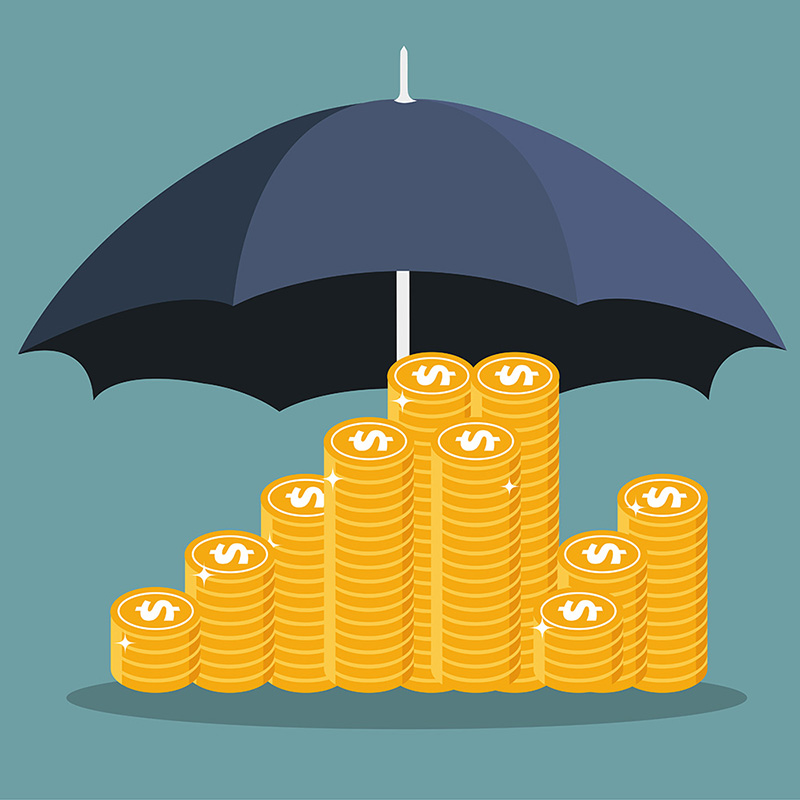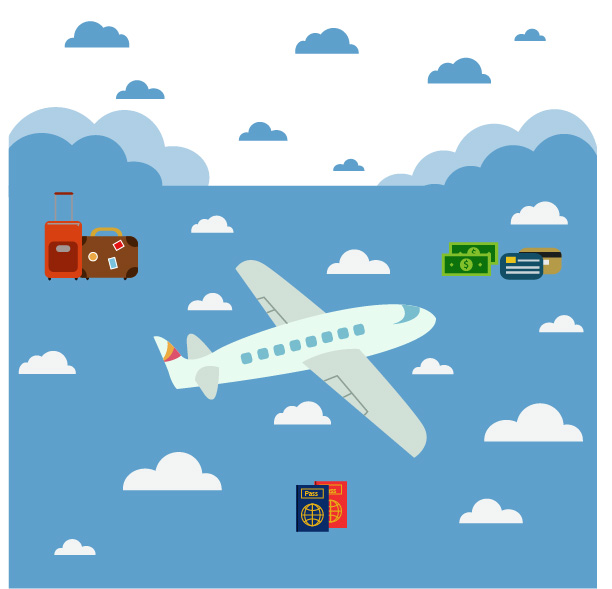1. Identify the most important trade shows and prioritize them
It’s no mystery that trade shows require a large amount of money and time. There’s a plethora of different fees and expenses that are incurred at every event, such as admission fees, costs to build or rent a booth, travel fees, food and lodging expenses, etc. As such, it’s better for companies to simply pick out a few of the most important and impactful trade shows to attend for the entire year. When trying to decide which shows to go to, one should take into consideration factors such as attendance rate, attendee demographic, and industry relevancy.

2. Prepare your company’s message prior to the show
The most important aspect that determines whether or not a trade show experience will be a success is the level of preparation behind it. Try to determine what your company’s overall message will be for the show so that you and your team will have a concrete strategy and a coherent plan of attack. Make sure the message you are giving is clear and well-rounded. Furthermore, practicing with your team prior to the show is a great way to perfect and improve the message. When it comes to trade shows, you can never be too prepared.

3. Research attendee lists to maximize outreach
Most trade shows will offer a list of their attendees on their website a few months before the show starts and will continue to update that list up until the show officially begins. As such, it’s a good idea to take a look at this list and study the demographic that’s going to be attending so that you’ll have a better idea of what to expect, how to strategize, and who to target. These lists are also useful for marketing purposes as well. Most of them include the contact information of its attendees, which you can gather and utilize for marketing campaigns or to simply reach out. A good thing to keep in mind is that these lists are constantly updated as more and more attendees sign up for the event, so don’t forget to check them on a regular basis in case there’s any changes.

4. Create a budget
Budgeting is an incredibly important but often overlooked or miscalculated aspect of exhibiting at a trade show. Trade show events usually go on for a few days, so it’s imperative that you and your team come up with an accurate budget so that you don’t overspend. Being an exhibitor already costs a small fortune; you don’t want to spend more than you have to.

5. Get your travel and lodging planned out ASAP
If you want to make sure your trip goes smoothly and without any unnecessary headaches, get your travel plans sorted and out of the way as soon as you can. When planning for a trade show, there’s so many things going on and you’re juggling so many tasks that it’s better to at least get the travel and lodging aspects squared away early. It’ll save you a lot of time and stress if you do, trust us. A lot of trade shows often partner up with certain hotels and offer its attendees a huge discount, so definitely take that into consideration as well.
